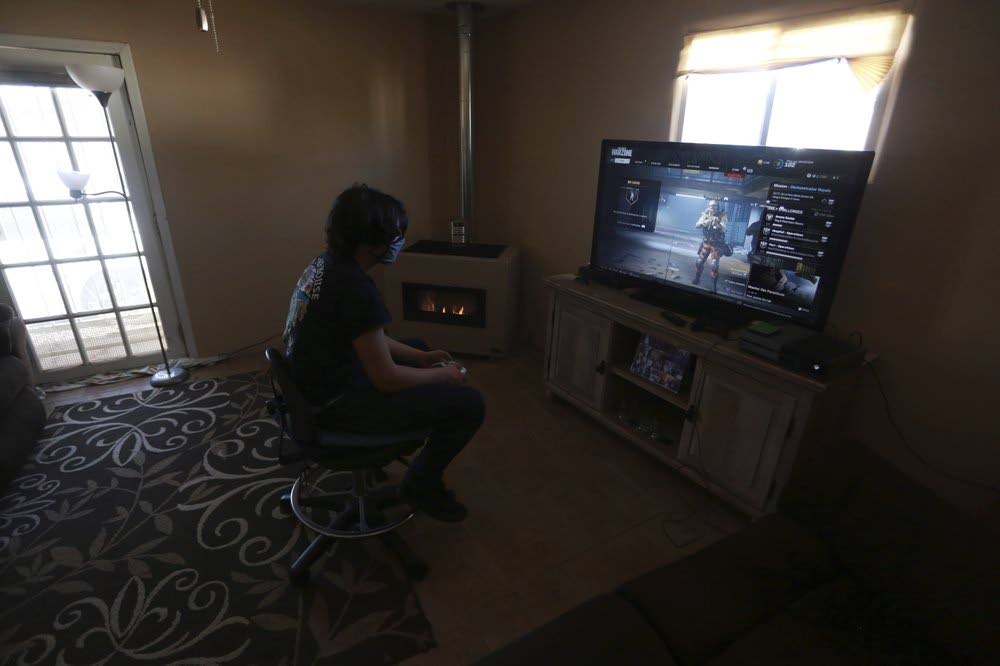Online games and adolescent health
Comment
News day reporter
Dr. Asha Pemberton
As our youngsters prepare for year-end exams, parents are likely considering activities and plans for the upcoming vacation weeks. It is suggested that teenagers, even on vacation, have some structure for activities, hobbies and physical activities during the holidays and not just play online games. We recognize the need for our young people to participate in internet-based activities, but for many online games consume their lives. Although there are differing opinions on the potential effects on gambling as a whole, parents should be aware of a few considerations.
Physical health and inactivity
Important discussions have surrounded the impact of video games on the physical health of children and adolescents. For anyone of any age, sitting for hours in one place does not promote fitness or muscle strength. Based on lights, sounds and images, the game is indeed captivating. So much so that young people can literally be transported into the gaming world and lose track of how much time they spend there.

From a movement perspective, long hours of play reduce physical fitness due to general inactivity. Parents should guard against this by setting boundaries for their youngsters and encouraging them to balance time spent playing with time spent outdoors engaging in certain physical activities. Ideally, by setting an example, parents can gain more buy-in from their children.
Images and sounds
Games are designed to be entertaining. Graphics, soundtracks and lighting are designed to enhance the gaming experience, but excessive exposure carries risks. As expected, long-term exposure to close-range images can be harmful to vision. Long-term use of headphones with loud music can be harmful to hearing. Parents need to be aware of the real risks to their teens’ sensory systems during play. Encourage your teens to take breaks, turn the volume down, and just be aware that over time their hobbies can have adverse effects.
Social interaction
This is a topic that elicits mixed opinions. Young people gain tremendous fun and social interaction through play. Although confusing to parents, they have their own language and means of communication generated by their peers. Gambling portals mostly have built-in or associated messaging apps that facilitate extra social time. There are certainly benefits for young people to connect in this way that need to be considered. However, there are also scenarios where youngsters stay indoors, play for hours, and recluse themselves for the real world.
Excessive gambling has been linked to social anxiety and poor communication strategies, so parents need to stay alert. The best approach is to apply balance and supervision. If your youngster likes to play, can exercise control, and can also chat with friends in real time, the benefits probably outweigh the risks.
Stay in close contact with your youngsters and take the time to understand the games they enjoy so you can monitor game content. All in all, always be aware that some people, younger or older, become unhealthily attached to games and the online world and require therapeutic interventions. If any concerns arise, please don’t hesitate to ask for help, as this is becoming more and more common in our community.


Comments are closed.